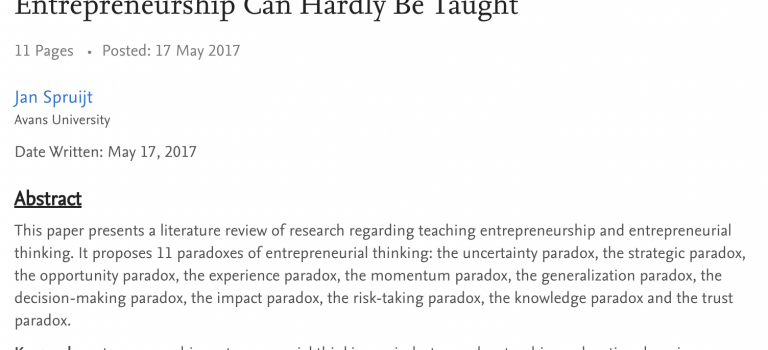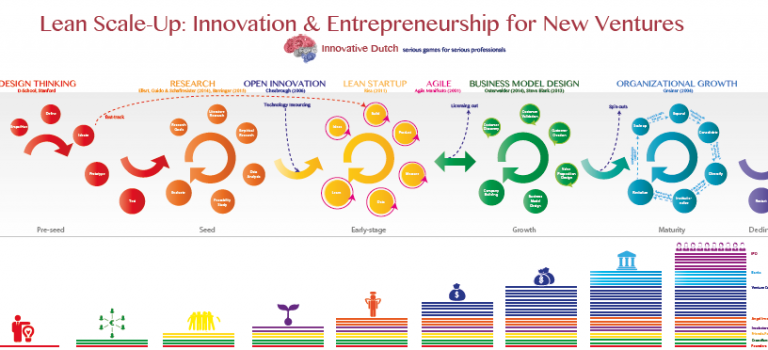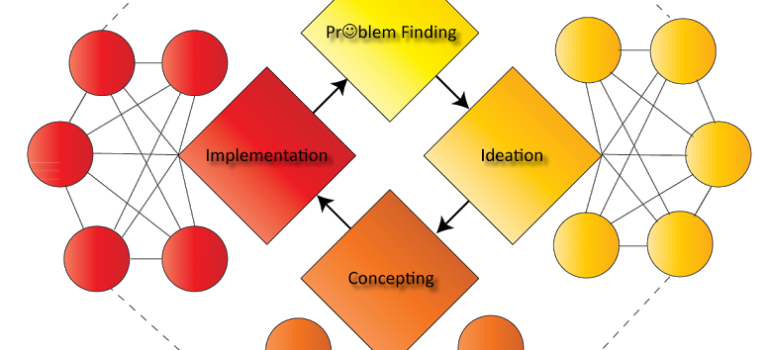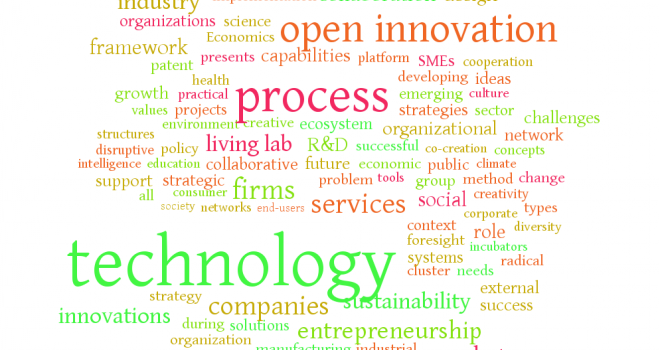Introduction
Entrepreneurial thinking is described as one of the most relevant skills for the 21st-century workforce (Bacigalupo, Kampylis, Punie, & Brande, 2016). And for that reason it has become an integral criteria in many prescriptive regulations for (higher) education and in increasing numbers also explicitly and implicitly part of curricula (Saavedra & Opfer, 2012). As opposed to entrepreneurship, entrepreneurial thinking is not necessarily bound to entrepreneurs (to be); it is an essential skill for ‘strengthening human capital, employability and competitiveness’ (Bacigalupo et al., 2016).
Read more



